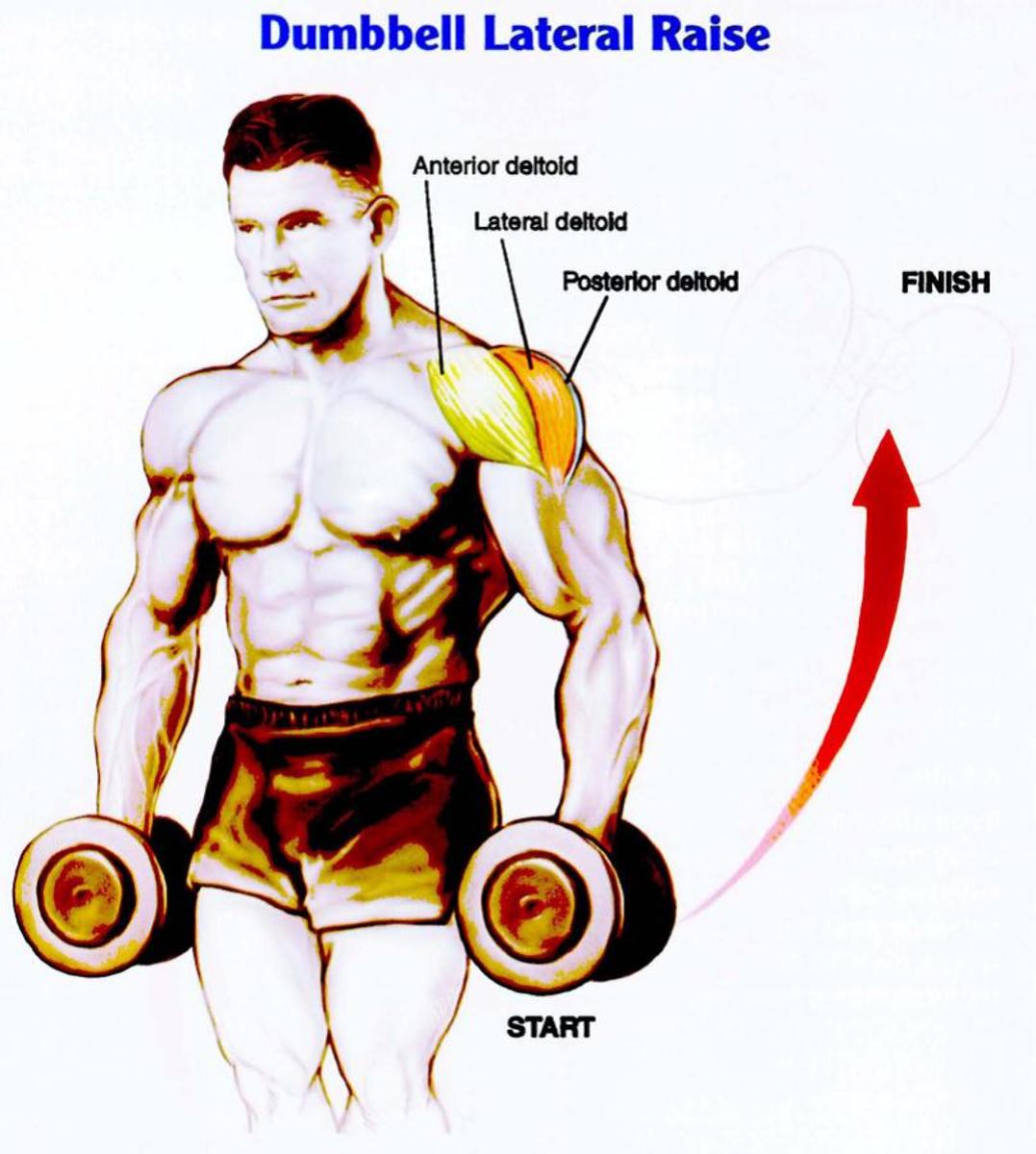The Importance of Understanding Circadian Rhythms in Training
Regular training
As a little background, most of my training is confined to weight training now. I've studied martial arts and boxing, and competed for some time. I've been inactive for many years, although I still train weights.
I've been lifting weights since 1984, and began competitive powerlifting in 1996. That said, I'm still a powerlifter at heart, though my physique is very important to me. As is my general health. I do not exercise for longevity. This just isn't important to me.
I train the same lifts/body parts (muscle groups, whatever) at the same hour, on the same days every week. I never deviate from this pattern. I do this on the assumption that my body is prepared for that training. I truly believe that glycogen supercompensation can be circadian. I loosely regulate my meals to fit this pattern. All the way down to eating beef after deadlift/back training, and squat/leg training. I also carb up most heavily on the days preceding each. Much less so before bench/chest training. There just isn't a need for as much energy. I do very little delt training (get that from back and chest training , so I train medial delts most). Biceps and triceps aren't body parts to me. Again, I get enough from back and chest, respectively.
Anecdotal evidence tells me that this approach does at least three things:
1- prepares my body to complete the workouts effectively.
2- tells my body that it has the raw materials to recover effectively.
3- tells my body that there will be a need for HGH, testosterone, IGF-1, and the hormones/factors that cause their release.
There has been a great deal of research recently on ultradian rhythms and circadian rhythms regarding HGH release. Moreso on pulsatile release, as compared to spiked release. Much of this has been related to fasting or malnourished states, though. One thing held true in all of the studies that I've read, and is summed up in the excerpt of a study's abstract: "Studies in man have shown that the episodic release of growth hormone (GH) is infrequent and erratic, and unlike that in the rat does not appear to have discernible ultradian periodicities".
This lack of a discernable pattern may have much to do with timing, I think. It may also have been caused by breaking the circadian and ultimately, ultradian rhythms of the test subjects. Most studies were between 5-7 days. They used fasting to determine the results. These subjects did not normally fast for five days. While not an expert, I don't believe data extrapolated over such a short period, combined with breaking subjects' regular patterns is reliable.
Is it possible that a six month long study of a pattern like this would change the results? Would pulsatile secretion of GH and other hormones become regular based upon feeding patterns? The controls in the studies that I've seen were not selected from a pool of people with very strict eating and sleeping patterns. I've read similar studies on fasting suppressing luteinizing hormone. Again, the controls were not monitored for a time before the testing. Nor were any patterns taken into account-- such as timing of meals, sleep, having sex (important to LH).
Is it possible that similar observations would be made in regard to training timing/frequency? I think so.






